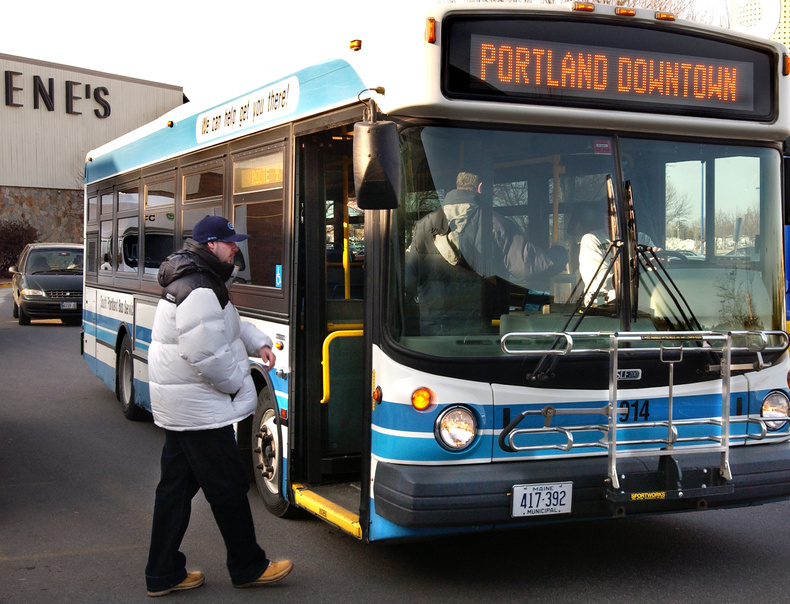When the next wave of economic growth finally gets here, where will it hit first? A new study makes a strong case that it will be in the cities and towns that make up our metropolitan areas.
They are already the source of the most economic activity, produce most of their state’s exports and collect most of the taxes.
They are home to most of the people, including a disproportionate share of the scientists and engineers who will be at the center of the next economic resurgence, as well as working-age people with college degrees who will be needed to fill newly created, high-skill jobs.
This is true even in Maine, where the Greater Portland metro, which stretches from Biddeford to Bath, is home to 39 percent of the state’s population, has 43 percent of the state’s jobs and produces 46 percent of the state’s economic output. When joined with the metro regions around Lewiston-Auburn and Bangor, they account for most of Maine’s population, jobs and economic output.
None of this is exactly news – it stands to reason that more jobs can be found in the bigger population centers. But a report issued recently by the Brookings Institution puts the importance of metro regions to their state economies into dramatic focus. And that should be of special concern to Maine legislators this spring, whether they represent an urban district or not.
Money is scarce, and all Maine communities expect to make reductions to services based on a loss of state or federal aid. But program cuts that diproportionately hurt urban areas will be counterproductive, because the state’s growth is tied to the growth of its metro areas.
So caps on state revenue sharing or cuts to General Assistance might sound good to lawmakers who live in districts that get little direct benefit from them, but not if the result is forcing cities to raise property taxes, stifling growth just when it’s most needed. And shifting school aid from already low-receiving urban districts to rural ones that are more dependent on Augusta may help in the short run, but won’t foster the kind of economic growth the state needs.
As a state, we sink or swim together. Lawmakers should put their regional interests aside and focus on the policies that will promote the most growth, from which we all benefit.
Send questions/comments to the editors.



Success. Please wait for the page to reload. If the page does not reload within 5 seconds, please refresh the page.
Enter your email and password to access comments.
Hi, to comment on stories you must . This profile is in addition to your subscription and website login.
Already have a commenting profile? .
Invalid username/password.
Please check your email to confirm and complete your registration.
Only subscribers are eligible to post comments. Please subscribe or login first for digital access. Here’s why.
Use the form below to reset your password. When you've submitted your account email, we will send an email with a reset code.